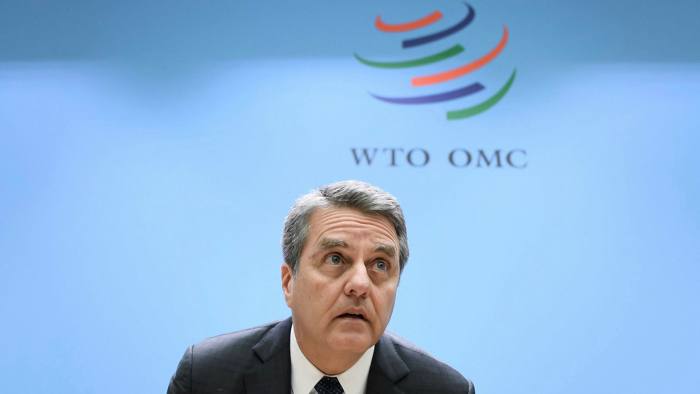The debate between the roles of the State and the Market is a long standing one. How much of State intervention one regards as optimum varies depending on the economic philosophy one espouses. There is also examples of different types of state intervention ranging from monopoly to ownership to regulation to facilitation.
Do countries with more state intervention handle emergencies better? Is state capacity better in market oriented economies?
Meijun Qian argues in this piece that countries with stronger state presence are handling the pandemic better whether in procurement of medicines/equipment or enforcing social distancing. We need a balance when talking about the role of States and market in managing crisis and this what she offers:
Do countries with more state intervention handle emergencies better? Is state capacity better in market oriented economies?
Meijun Qian argues in this piece that countries with stronger state presence are handling the pandemic better whether in procurement of medicines/equipment or enforcing social distancing. We need a balance when talking about the role of States and market in managing crisis and this what she offers:
China and the United States are on opposite ends of the spectrum when it comes to state capitalism versus the free market. Scandinavian countries and other Asian countries like Singapore and South Korea are relatively more balanced. These countries also responded to COVID-19 more effectively than the United States.
The optimal performance of an economic system might require a balance between state and private ownership. This balance could be especially crucial for sectors that are vital to social stability.Sound slike the middle path in the debate between the State and the market. I think there s no doubt about the important roles the state and markets play in economies. The question is how much of what and where!

